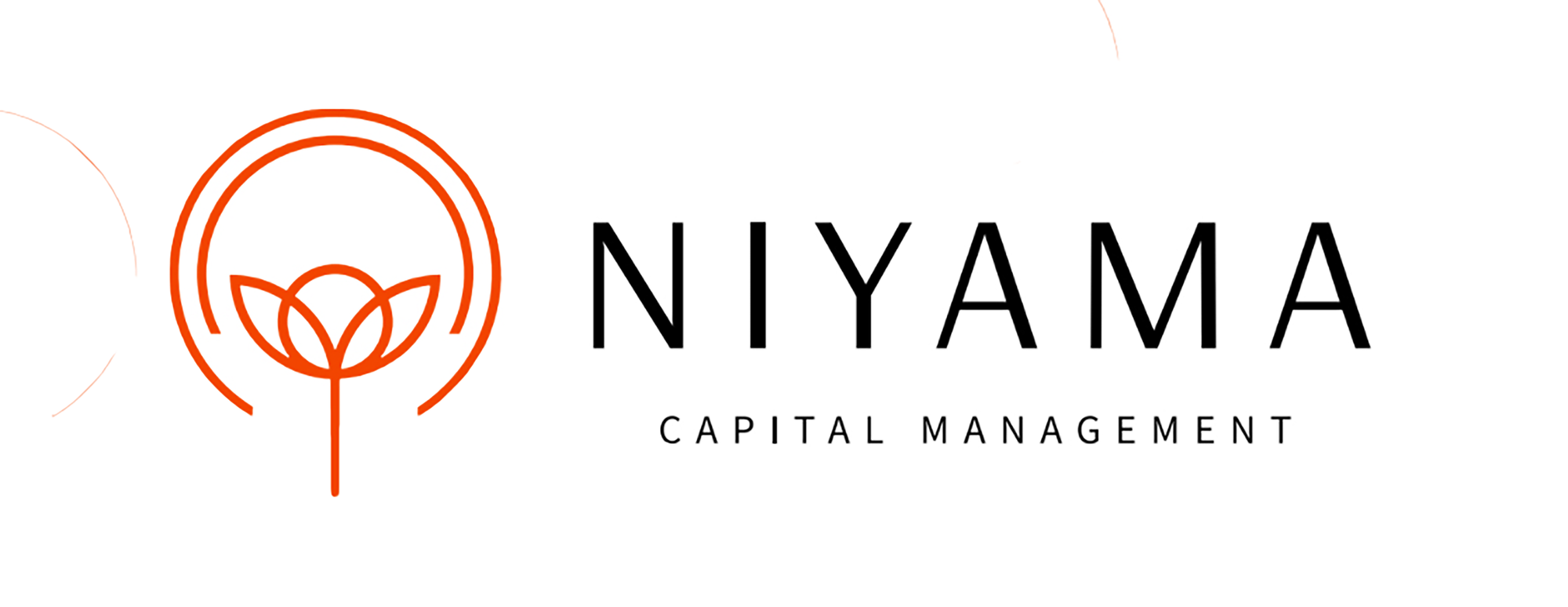My Blueprint

I am a public markets technology investor / portfolio manager and have been in the hedge fund world for about 18 years. In 2011, I was a founding member of Myriad Asset Management in Hong Kong. A multi-strategy hedge fund that grew to north of ~$5bb in AUM, I ran the technology long short portfolio. In Fall 2019, I took a break and the family and I moved back to the United States (Los Angeles).
My journey has taken me from Detroit to Boston to New York to Hong Kong and finally to Los Angeles. Each city represented a new chapter of growth for me professionally and personally. I graduated from MIT in 2000 with a degree in Electrical Engineering, joined a “technology investment bank” at the peak of the tech bubble, and started working at my first hedge fund in 2002 as a tech investor. Over the past 18 years, I have benefited tremendously from great mentors in the business that have helped me develop my own process for investing.
I look for a combination of mindfulness and listening skills within team mates. I try my best to help coach these skills and foster an environment for them to strengthen. Nothing feels better than seeing a colleague (or ex-colleague) lever off these skills and achieve new and awesome things.
1. Mindful Communication
Investing is a judgement business. There are infinite data points that lead to insights, feelings and growth. Managing the signal to noise ratio well is a skill that can be a huge competitive advantage for the team. The only way to strengthen this skill is to communicate.
- Thoughtful disagreements are very important to communicate.
- Emotional reactions to data points / market feedback / etc is even more important to communicate.
- Finally, a feeling of “being valued” unlocks both of these floodgates, so checking in and communicating around that is crucial.
Alongside this, your job is to be mindful as to what is being reflected back to you when you communicate. That presence is actually the sharpening stone against which you will hone your ability to distill what is important and impactful.
2. Active Listening
When you are not communicating, make sure to listen! The process for active listening is to
- be quiet and listen
- continue to be quiet and listen
- reflect back exactly what you heard with zero judgement
- rinse / repeat
It is only way I have found to actually digest what is being said to me while at the same time minimizing my bias’. If you have prioritized your time well, you probably do NOT fully understand the facts, context and feelings driving what is being communicated to you. The ability to digest, distill and empathize leads to an understanding of the why (facts), in which direction (context), and veracity (feeling) of someone’s insights. Then you have the opportunity to pass judgement based on premise, direction and whether it feels right to you.
3. Feelings (not facts) drive conviction
The most amazing people I have ever worked with are both nice people and they “smell” money. These people generally excel at facts and process, but they communicate about their best ideas in an emotionally charged manner. After a diligence call or meeting with a management team, they are not shy to communicate their insights with a lot of emotion (joy, anger, sadness, etc . . . ). Either implicitly or explicitly, they have learned how to listen to themselves and determine importance based on both a cognitive and emotional filter. Ultimately, this drives great decisions and great returns.
